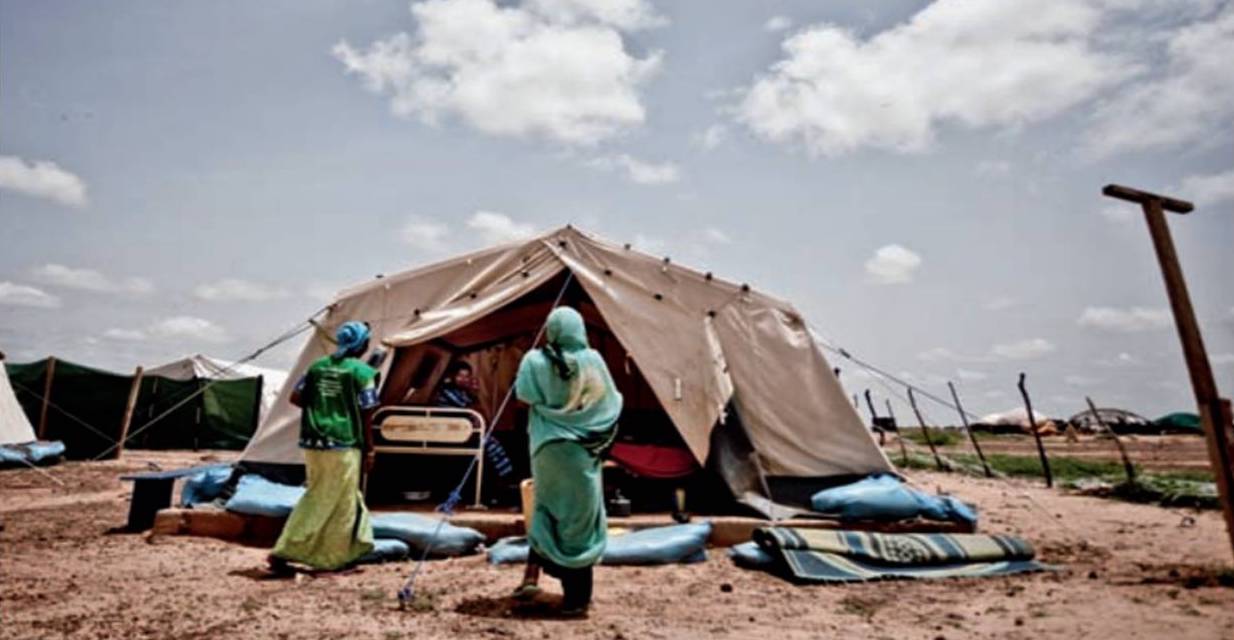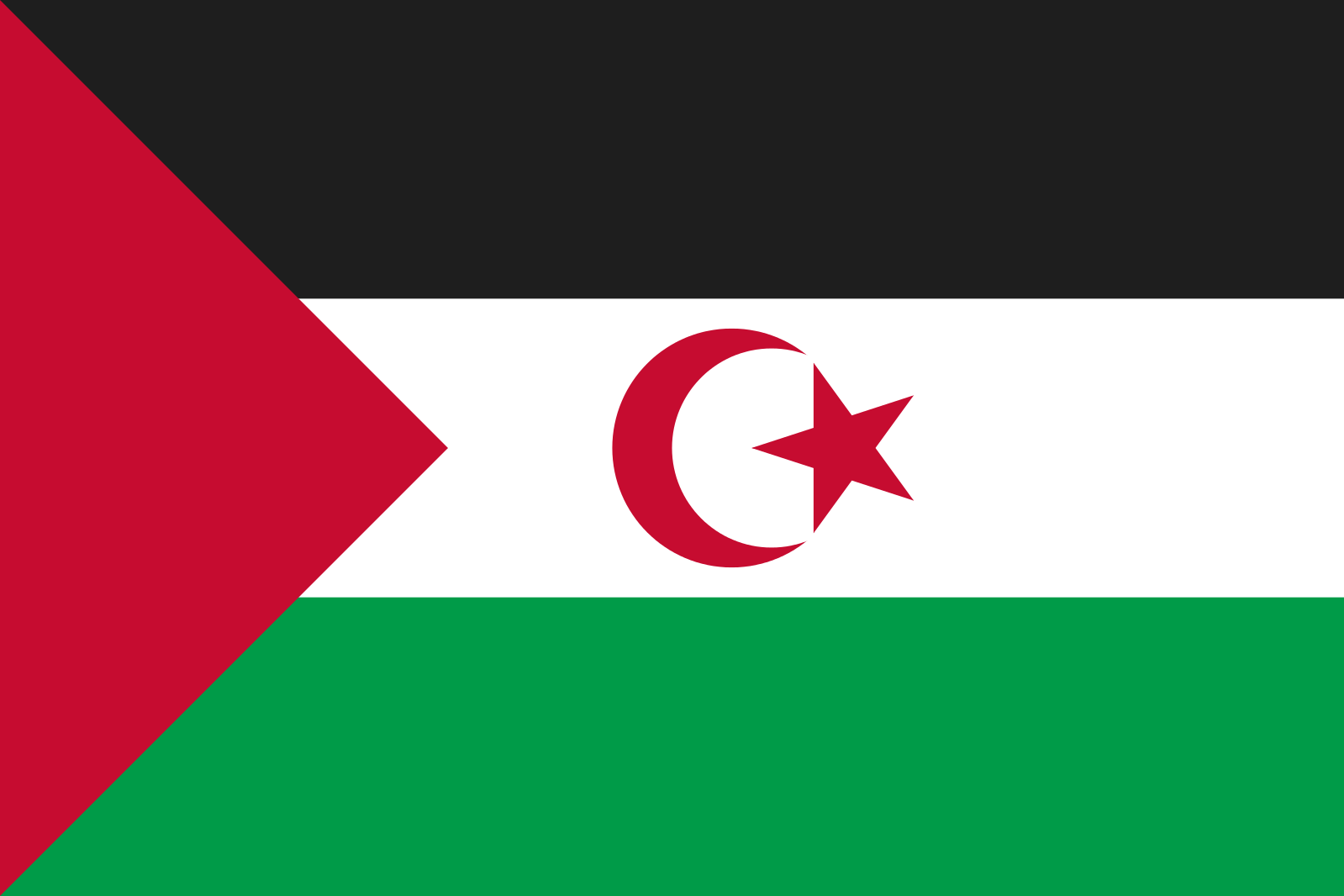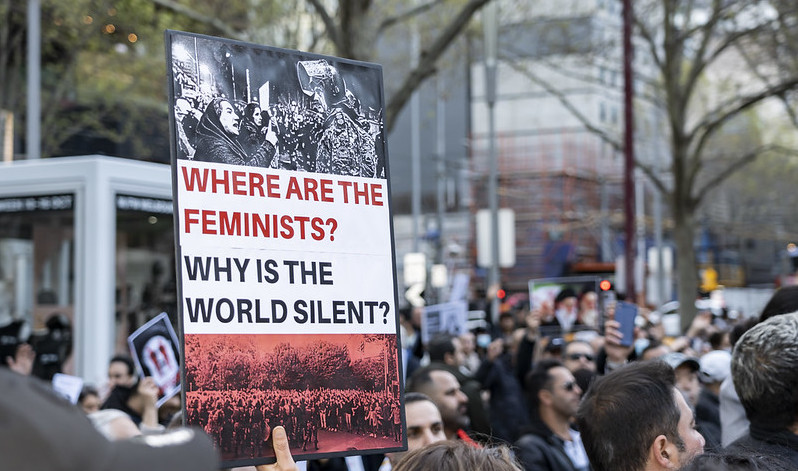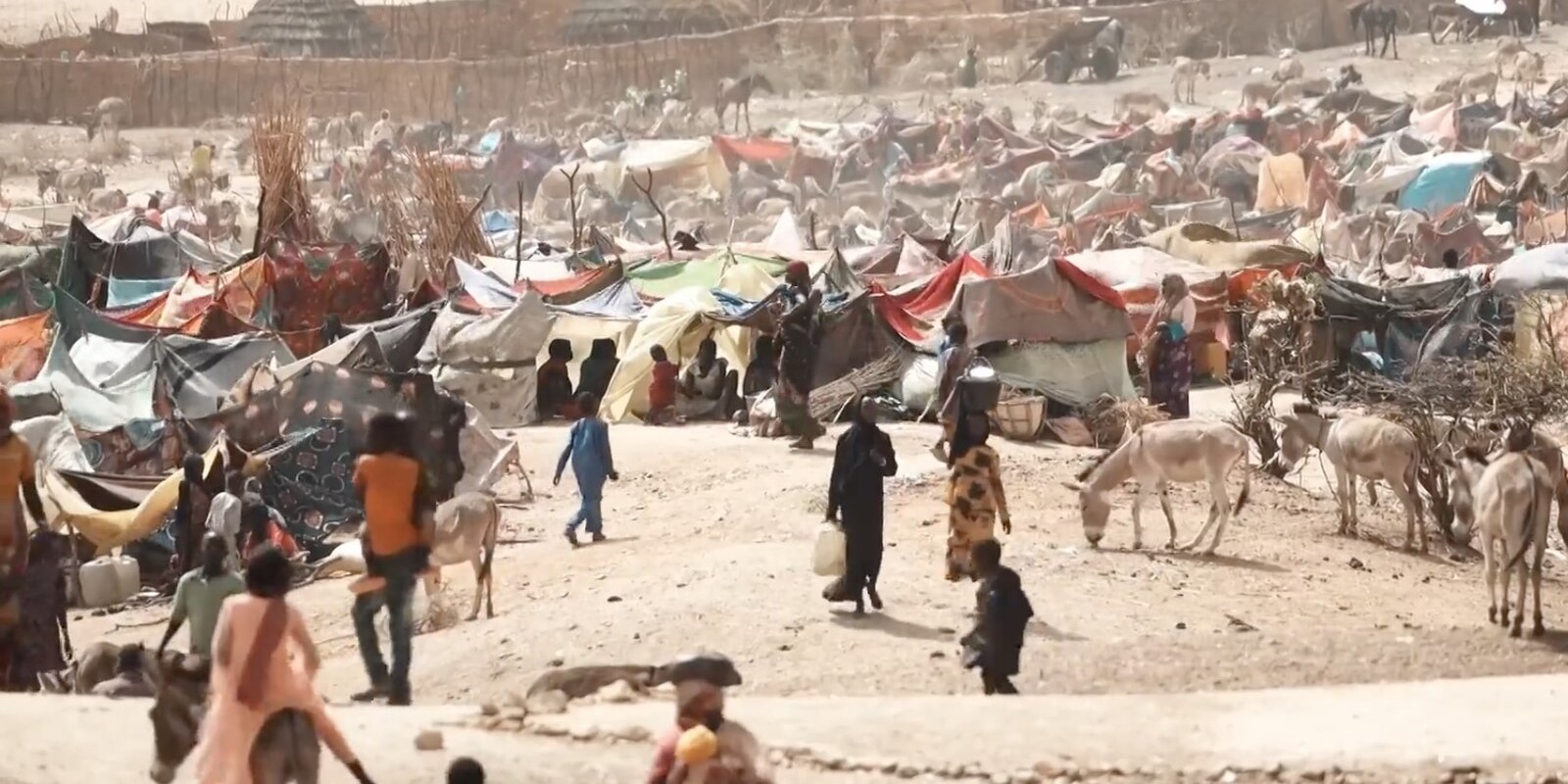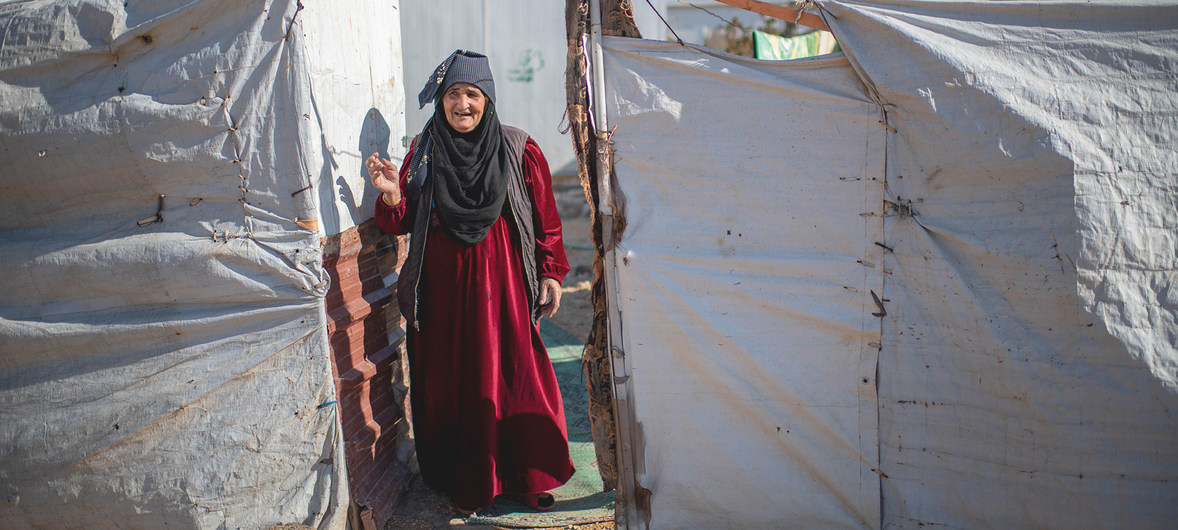
UN: halt indefinite detention at Syria camps
UN Special Rapporteur for human rights Fionnuala Ní Aoláin released a statement urging the cessation of “indefinite mass detention without legal process,” particularly of children, in northeastern Syria detention centers. Around 52,000 people are held in the camps at al-Hol and al-Roj in Syria’s northeast. Around 60% are children, of whom 80% are under 12. Most children are there due to their parents’ supposed links to ISIS. Many are separated from their parents, with Ní Aoláin asserting that boys are often forcibly separated from their mothers upon reaching adolescence. Both camps are under the control of the Syrian Democratic Forces (SDF), a primarily Kurdish organization which has fought ISIS since 2014. (Photo: Abdul Aziz Qitaz/UNOCHA)



